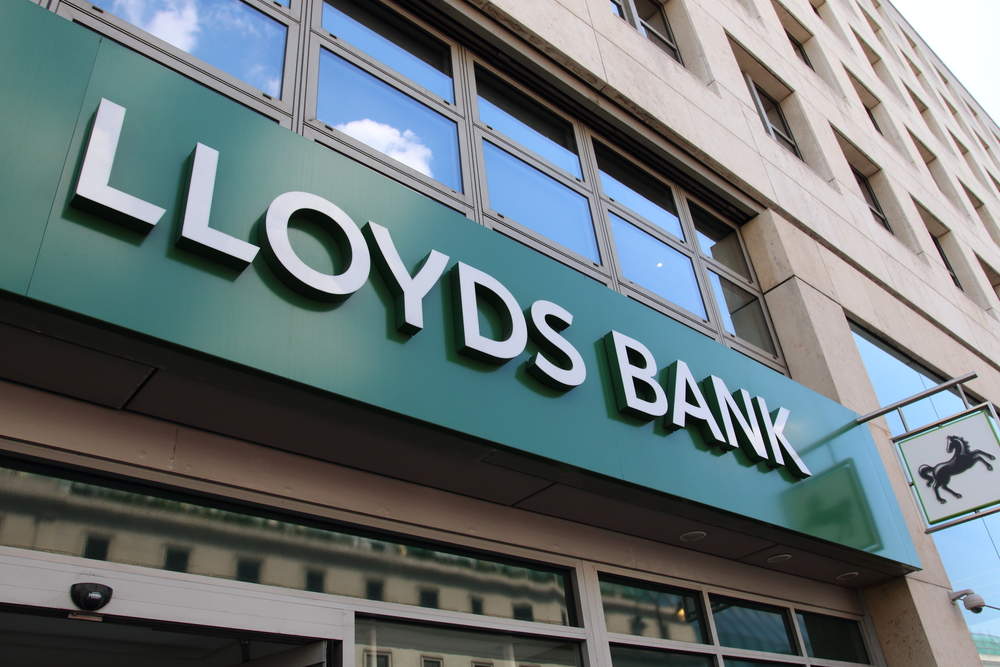
Jamie Johnson, CEO of FJP Investment, explains why investors are increasingly looking at debt investment over traditional asset classes.

Anyone working in finance cannot deny the impact the rise of alternative investment classes has had on the financial markets. What’s more, the alternative investment industry is expected to grow by 59% between 2018 and 2023, reaching a total value of $14 trillion, according to Preqin.
In recent years, debt investment (investment in a firm or project via bonds or loan notes), has gradually entered the financial mainstream as investors seek out potentially higher returns in this low-interest, low-yield climate. Often issued by a private investor to finance a specific project or development, the borrower pays back the principal with interest, meaning that the lender can make a significant profit by the time the loan matures.
So, with debt investment becoming an increasingly popular option for retail and sophisticated investors alike, we at FJP Investment wanted to find out just why more investors are turning to this form of asset class and whether it is indeed a trend set to continue in the immediate future.
Debt investment can mean higher returns
At FJP Investment, we’ve noticed more people opting for debt investment, but their reasons for doing so haven’t been as forthcoming. So, we commissioned an independent survey of 950 UK investors to find out what attracts them to this type of investment. Our research found that 30% of UK investors are attracted to debt investment due to the asset class’ ability to deliver regular returns.
In addition, historically low interest rates have further raised the appeal of debt investment because lower-risk instruments are not delivering competitive returns in this current climate. With interest rates having been near-zero for over a decade, investors have been forced to explore alternative asset classes if they want to achieve significant returns. Indeed, FJP’s study found that more than a third (36%) of those surveyed were attracted to debt investment precisely because interest rates are so low.
How well do you really know your competitors?
Access the most comprehensive Company Profiles on the market, powered by GlobalData. Save hours of research. Gain competitive edge.

Thank you!
Your download email will arrive shortly
Not ready to buy yet? Download a free sample
We are confident about the unique quality of our Company Profiles. However, we want you to make the most beneficial decision for your business, so we offer a free sample that you can download by submitting the below form
By GlobalDataDebt investment is relatively straightforward
Another feature of debt investment that has attracted investors is that there’s no need to manage their exit strategies; rather than having to liquidate any assets, the investment effectively converts itself back into cash as the borrower repays the principal over the pre-agreed timeframe.
Our aforementioned study also revealed that more than a third (35%) of investors think one of the strengths of debt investment over other asset classes is that the exit strategy is unambiguous. This makes for a clear and predictable repayment schedule that serves to reduce the demands placed on the investor.
Debt investments can pay off quickly
Over the last few years, a combination of political factors (the most prominent being Brexit here in the UK) has ushered in a climate of uncertainty in the financial markets. This has made long-term forecasting difficult.
Consequently, many investors have turned towards markets which reward more of a short-term approach, in order to insulate their finances from the turbulent political situation. Indeed, almost half (44%) of the UK investors we surveyed said political turbulence had made them more likely to focus on investments that didn’t require long-term commitment for them to realise their equity.
What does the future hold for debt investment?
While only 9% of UK investors currently hold a debt investment, a further 20% are considering doing so in the coming 12 months. With the market set to grow over the coming months it’s an exciting time for the industry.
With interest rates set to remain low for the foreseeable future, it’s unsurprising that more investors are looking to alternative investment vehicles in order to achieve greater returns over a shorter timeframe. Consequently, our research shows that it’s the unsatisfactory performance of traditional asset classes that plays the biggest role generating interest in debt investment.
Like any asset class, debt investment isn’t without risks but these can be largely mitigated by doing the necessary due diligence into the borrower before issuing the loan. Ultimately, we expect that as the industry becomes more transparent, investors will only become more aware and amenable to debt investment. Indeed, if market conditions persist and investor sentiment continues on its current trajectory then debt investment looks set to become a more popular asset class going forward.







